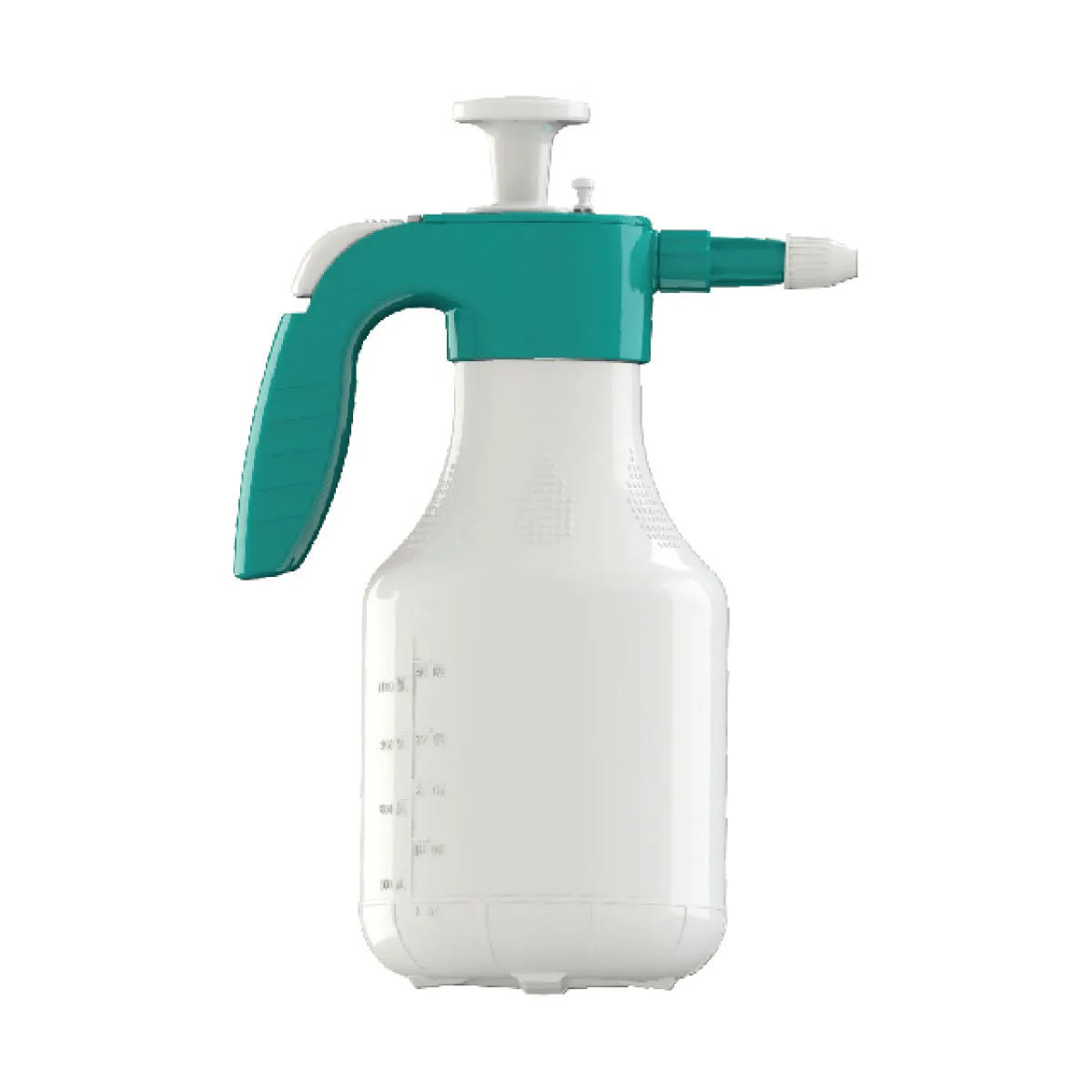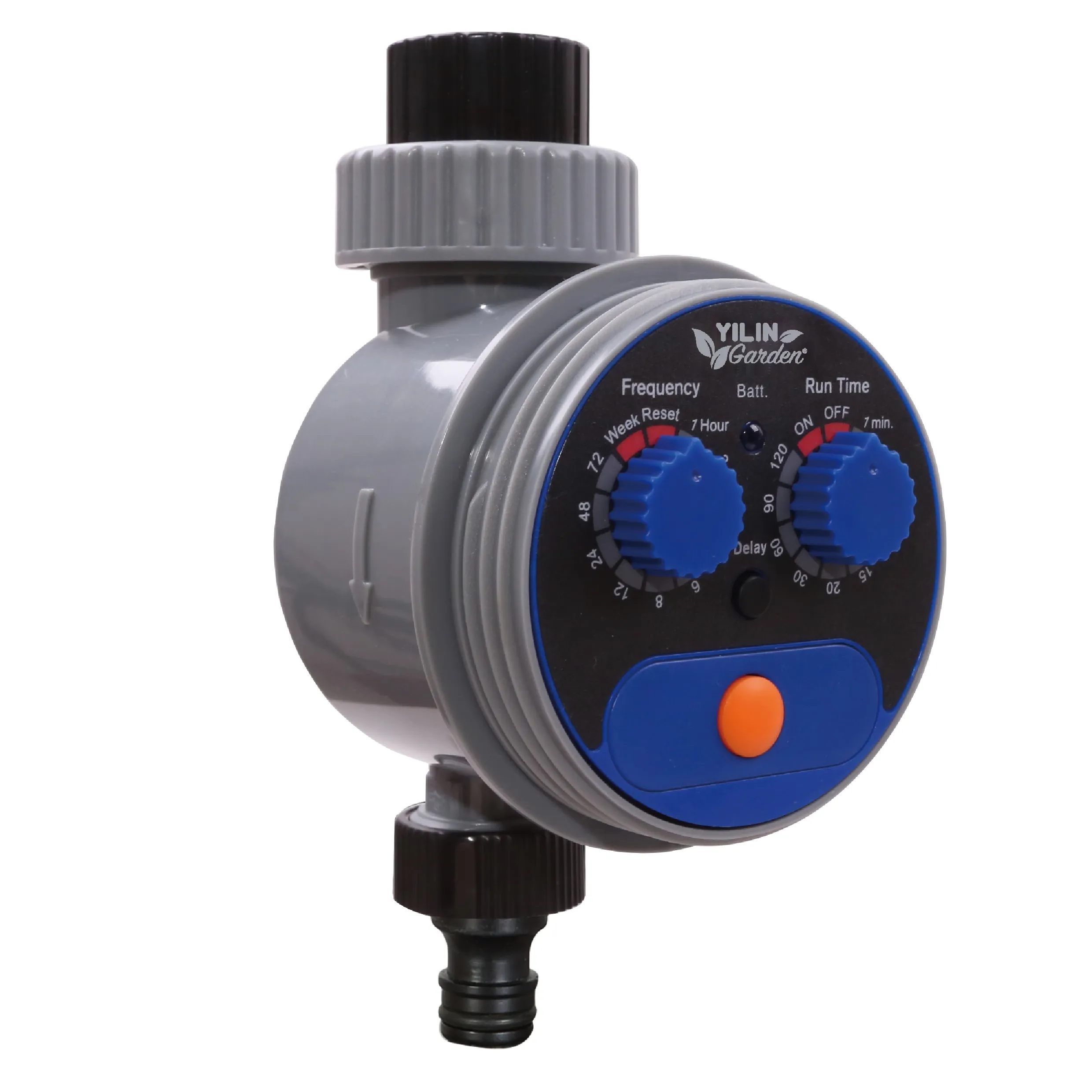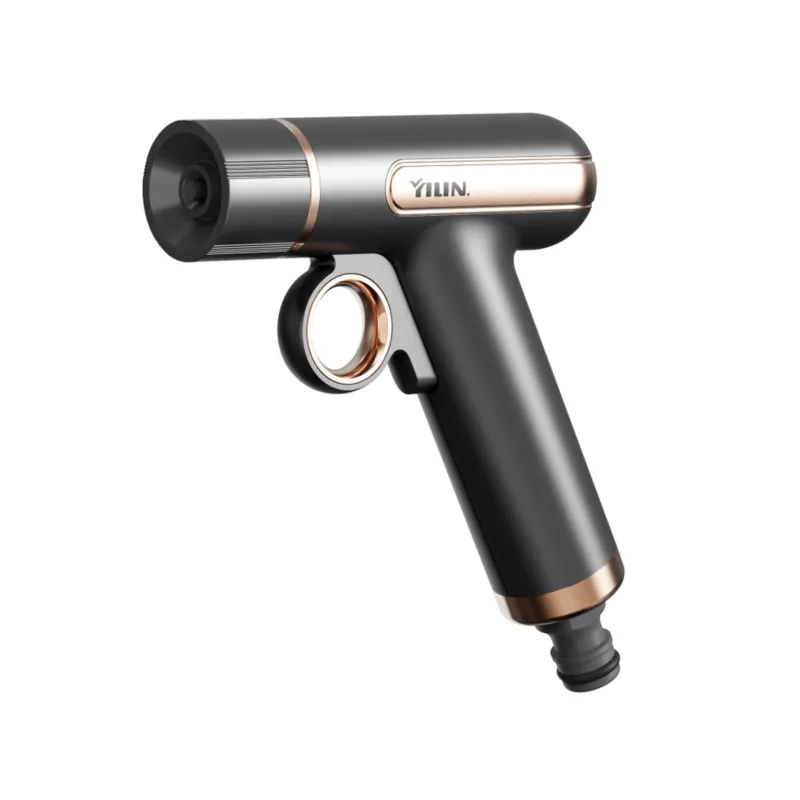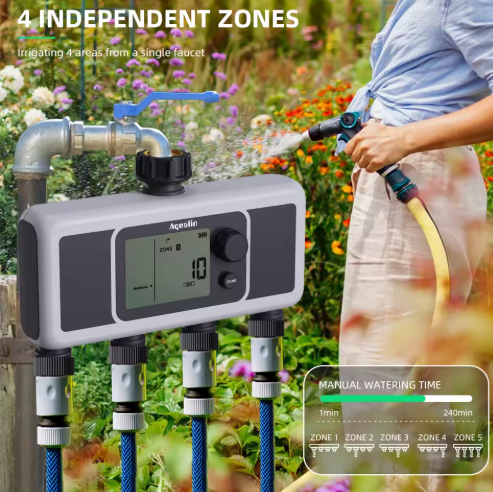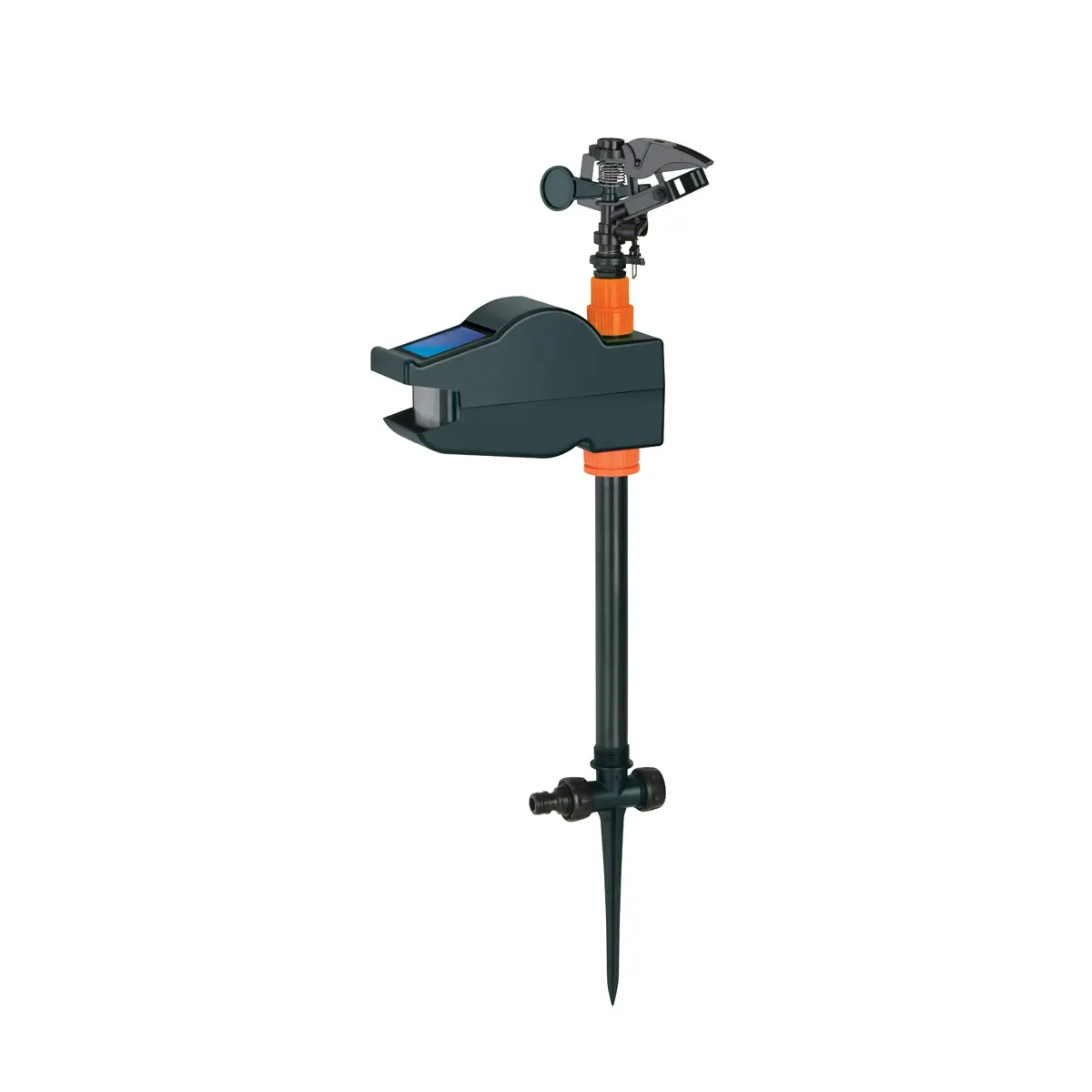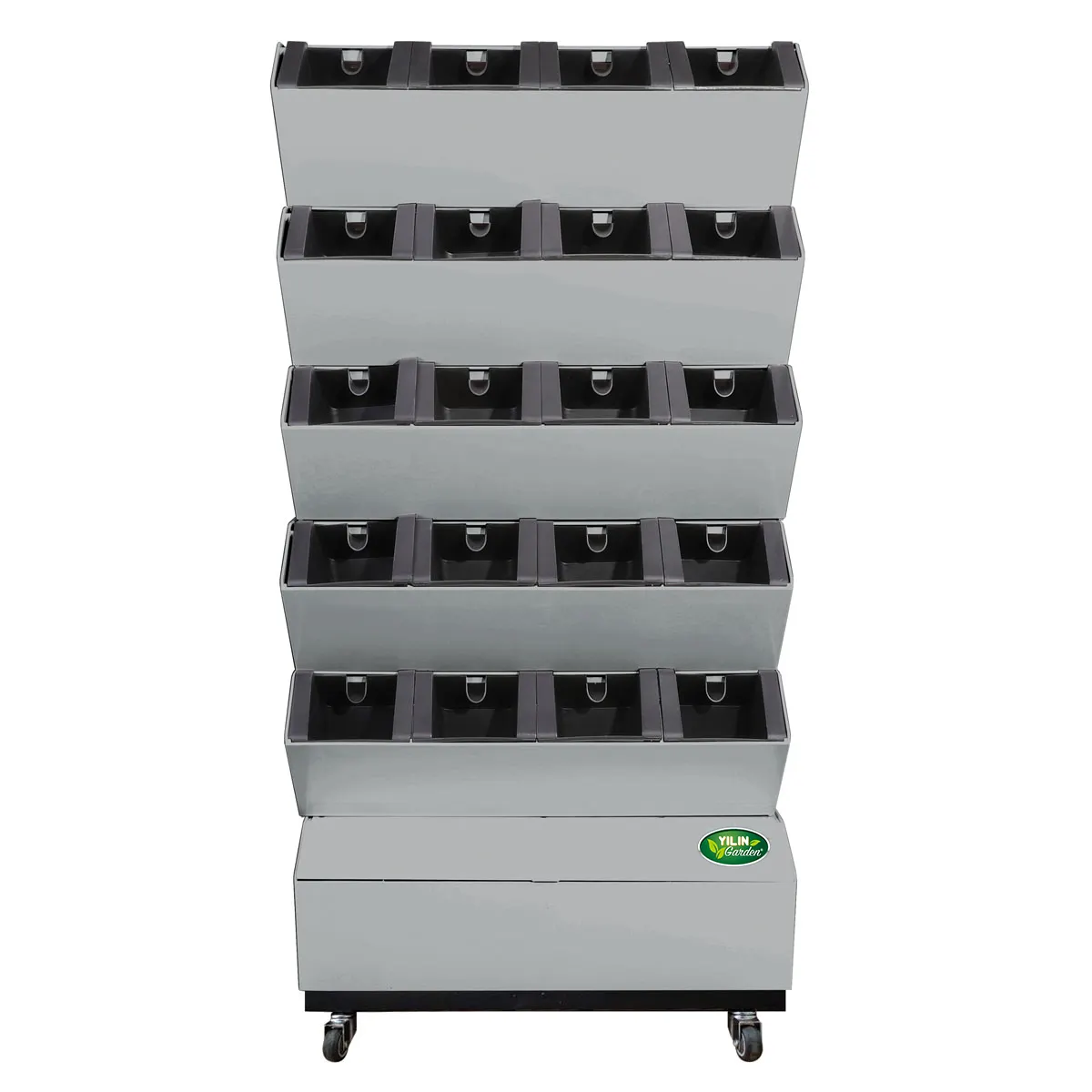water drip irrigation
Water drip irrigation represents a highly efficient and precise method of delivering water directly to plant roots through a network of pipes, valves, tubing, and emitters. This innovative system operates by slowly releasing water drops directly into the soil near the plant's root zone, ensuring optimal moisture levels while minimizing water waste. The technology incorporates pressure-compensating emitters that maintain consistent flow rates regardless of terrain variations, enabling uniform water distribution across the entire irrigation area. Modern drip irrigation systems often feature smart controllers that can be programmed to deliver specific amounts of water based on factors such as soil type, plant species, and weather conditions. The system's components typically include a main water source, filtration units to prevent clogging, pressure regulators, main and sub-main lines, and drip lines with precisely spaced emitters. This irrigation method finds widespread application in various settings, from commercial agriculture and greenhouse operations to residential gardens and landscaping projects. The system's versatility allows it to be used effectively for row crops, orchards, vineyards, and container plants, making it a valuable tool for both large-scale farming operations and home gardening enthusiasts.





